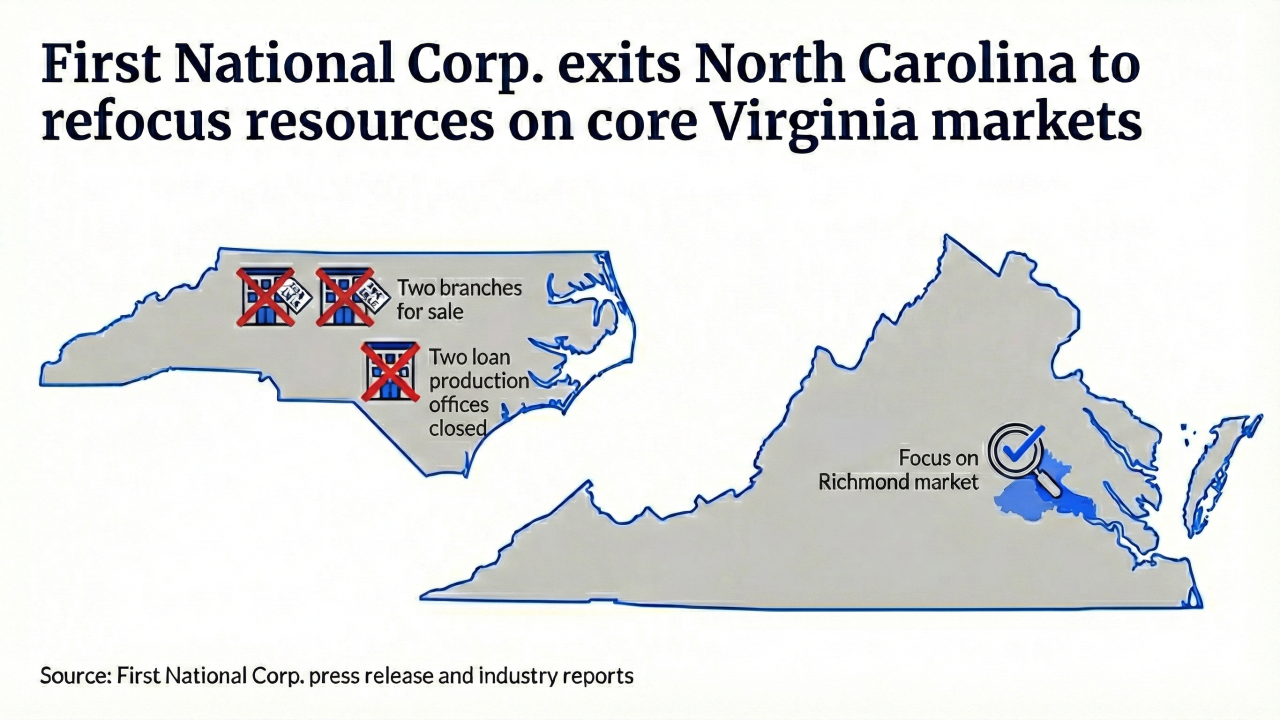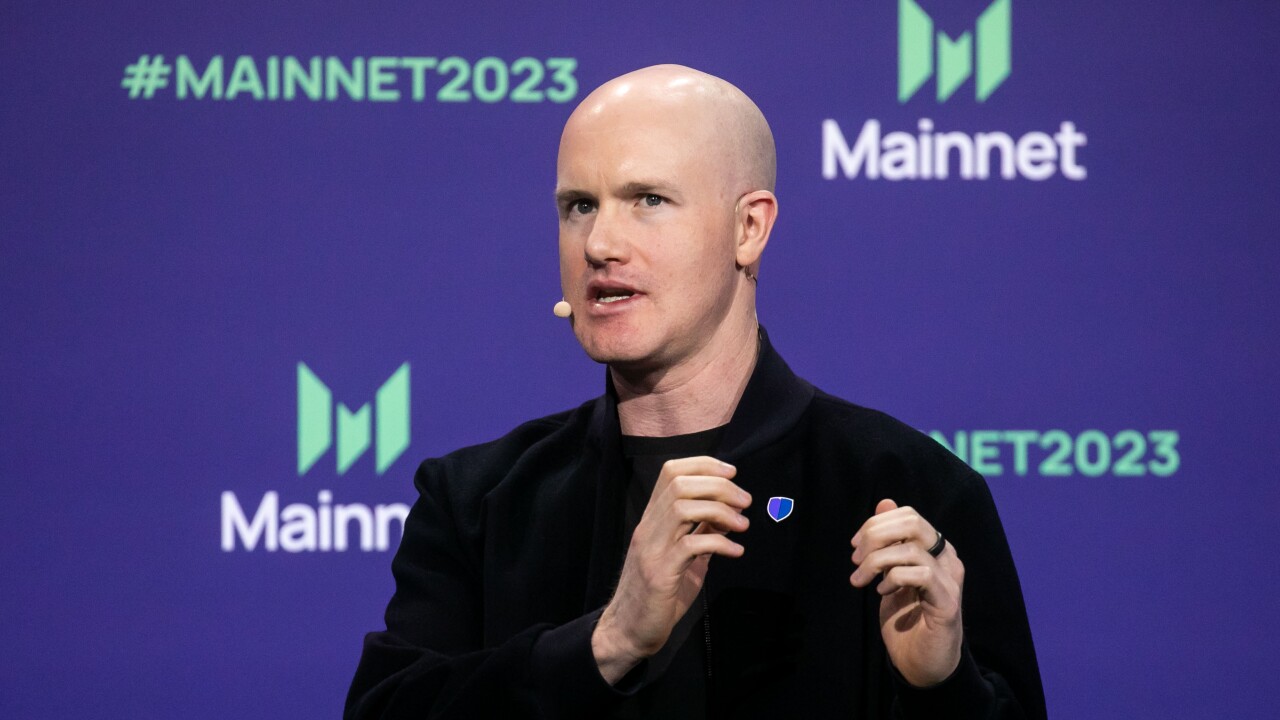The latest round of disclosures about Mark S. Ferber, a New England financial adviser under investigation for alleged conflicts of interest, have shed new light on another Ferber transaction that stirred controversy in 1990 - a $47 million bond issue sold by the Massachusetts Industrial Finance Agency.
According to documents obtained by state inspector general Robert A. Cerasoli in connection with a new investigation of Ferber, the deal netted the former financial adviser at Lazard, Freres & Co. $564,000 in fees for his employer.
The amount is considerably higher than most of the other individual fees Ferber earned for Lazard during the year, according to the disclosure forms.
A Lazard official had no comment yesterday.
For example, Ferber was paid $432,000 for a year's worth of work for the Massachusetts Water Resources Authority, which issued almost $1 billion in bonds in 1990. He earned $225,000 for the year from the New York City Industrial Development Agency, working on $166 million in bonds covering 20 separate deals in 1990.
The state's former inspector general, Joseph Barresi, launched an investigation into the MIFA sale in 1990, calling it a typical "back-room dealing." But Barresi left office in 1991 without releasing any findings of the inquiry.
For his fee on that deal, Ferber, the senior banker on the deal, helped structure, market, and promote the sale of $47 million of revenue bonds sold by the agency on behalf of the Massachusetts Turnpike Authority.
But several industry sources and state political officials who have examined the issue say the transaction was unnecessary and did little more than "line the pockets" of bankers. Moreover, one banker said the transaction could have been done at a cost nearly 300 basis points cheaper than the structure Ferber devised.
Early in 1990, the Turnpike Authority filed legislation seeking authorization to sell the bonds for necessary repairs to Boston's Sumner and Callahan tunnels.
As the year wore on, though, the results of a political struggle involving the state's speaker of the House, Charles F. Flaherty, D-Middlesex, and the head of the Turnpike Authority, James A. Aloisi, put the deal on hold. The dispute centered on an unrelated political dispute involving a financial supporter of Flaherty.
Ferber eventually helped resolve the dispute and a decision was made during meetings in October 1990 that the bonds would be sold through MIFA.
The finance agency issued the debt through a private placement and then made a loan to the Turnpike Authority, circumventing the legislature's opposition to a turnpike offering. MIFA is authorized to issue bonds without approval from the legislature.
The bonds were sold the day before the 1990 gubernatorial election and were priced to yield 9.50% at the 30-year maturity.
At the time, The Bond Buyer's revenue bond index was 7.55% and the 30-year Treasury bond was trading at 8.69%.
Four institutional investors bought the bonds: the Putnam Group, Massachusetts Financial Services Co., Colonial Tax-Exempt Money Market Funds, and Dreyfus Tax-Exempt Municipals.
One finance professional who was preparing a competing proposal said the deal could have been done as a rated and insured lease-backed deal with a rate of about 6.50% for 30 years.
"That being the case, the sale of the bonds this way cost the state about $30 million in interest costs," the finance professional said.
MIFA officials disputed that the competing plan would have saved 300 basis points, but agreed it was cheaper. They said they rejected the plan because it would have been too difficult to market.
One state official said the Ferber transaction had a direct impact on local Massachusetts taxes by increasing tolls and fees charged to motorists that use the state's turnpike and tunnels.
"If that was the case, why wasn't it articulated to the state legislature?" a former spokesman of the administration of Gov. Michael S. Dukakis said. "This was just an example of bankers lining their pockets with the fees from an unnecessary sale."
In briefing one incoming agency head in his new administration in 1992, Gov. William F. Weld, used the transaction as an example of how not to structure a deal, according to an official familiar with the discussion.
Ferber is reported to be under investigation by the U.S. attorney's office and the state attorney general's office for the most recent conflict-of-interest charges.





